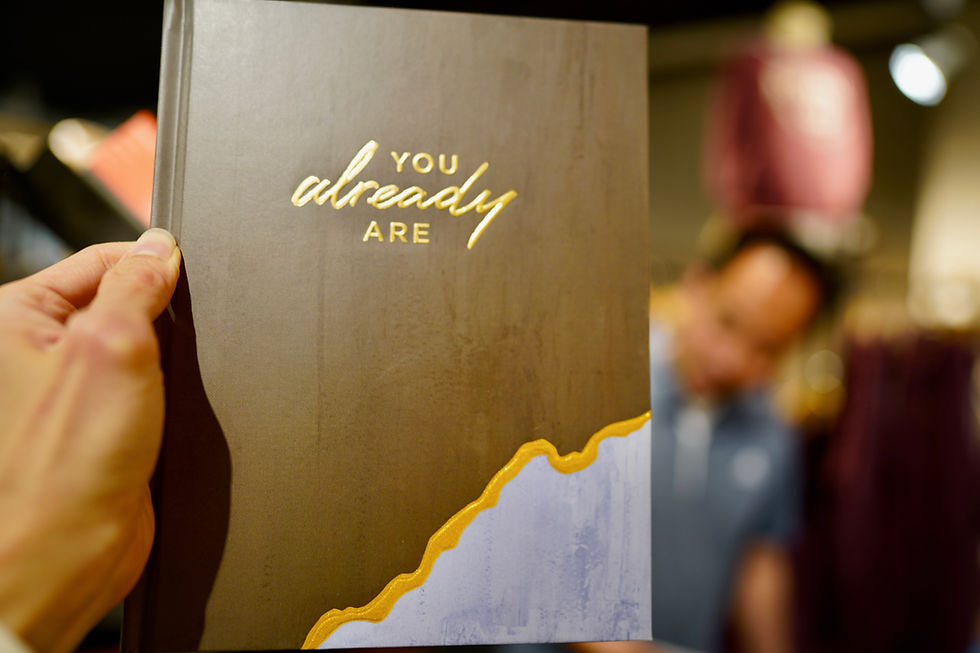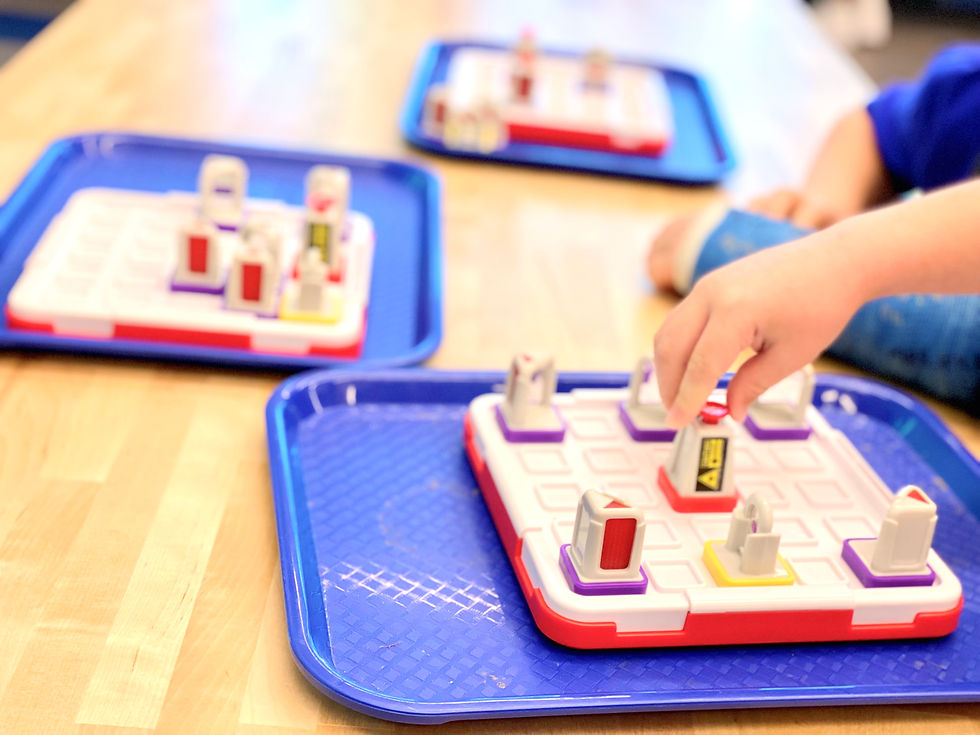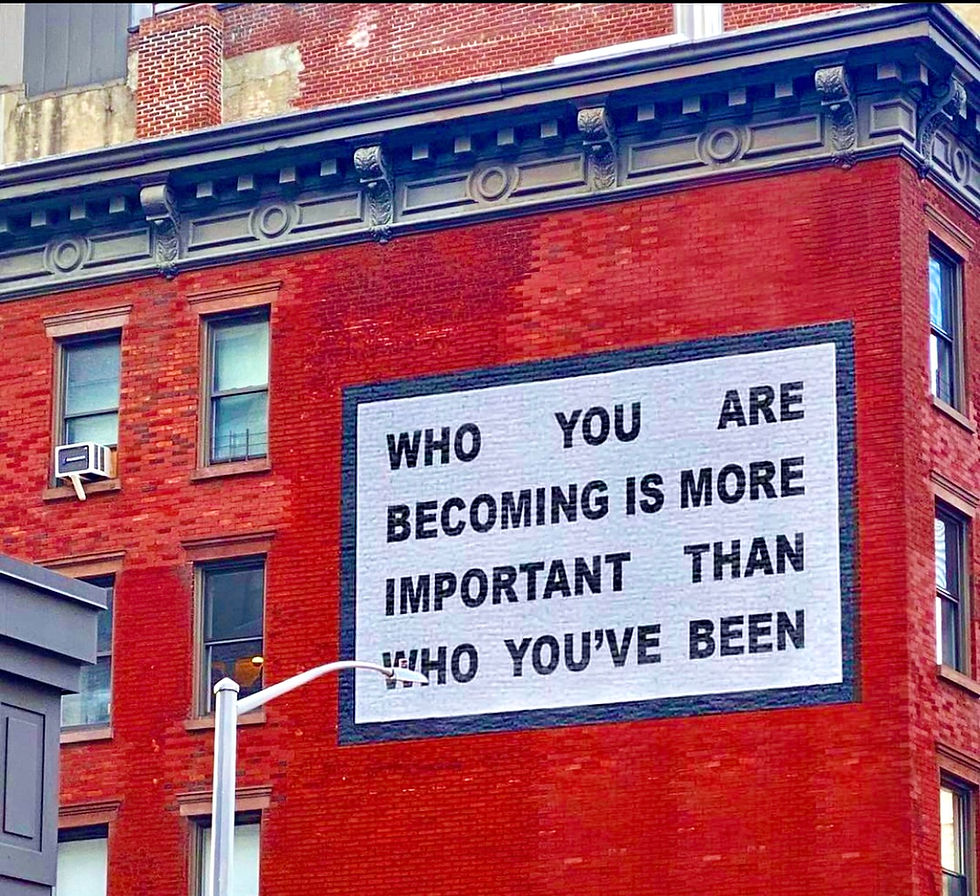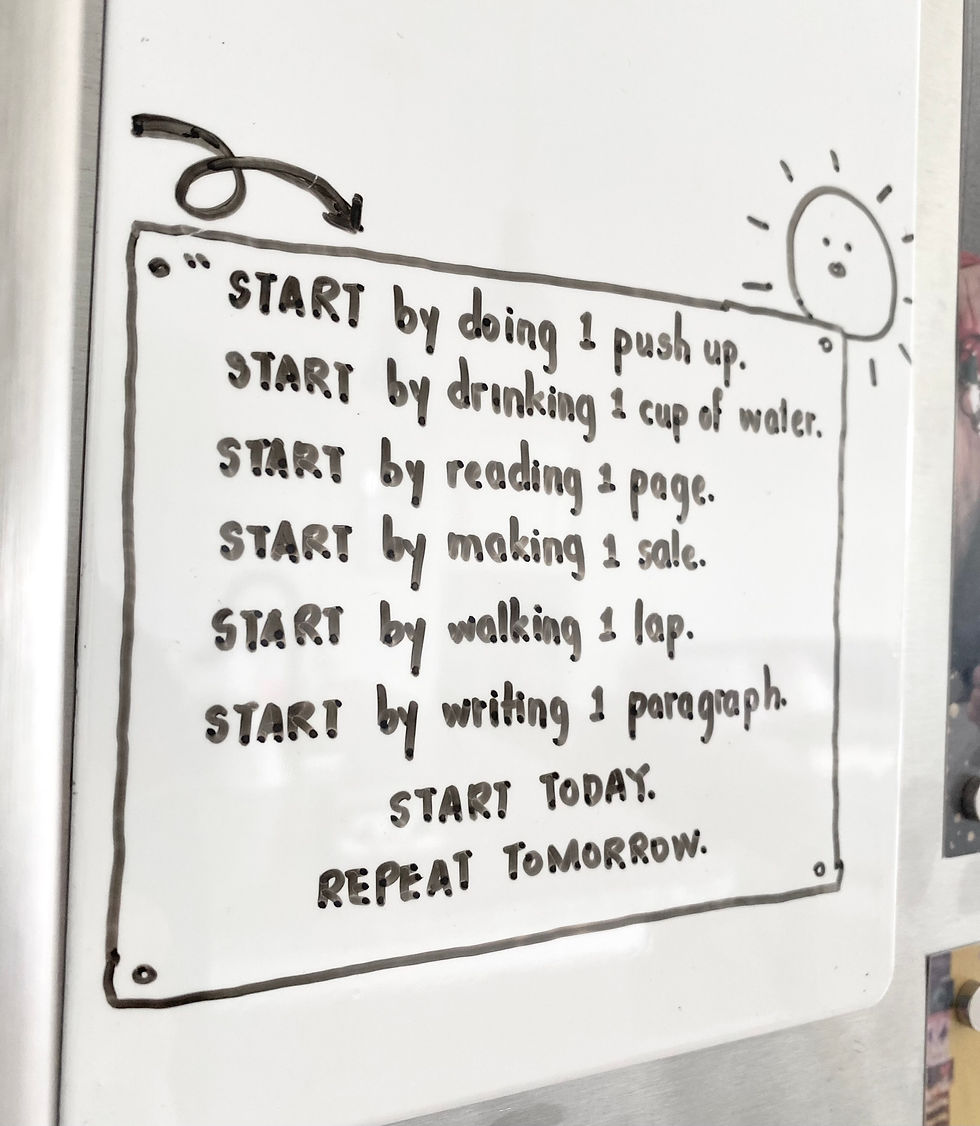(An audio version of the blog, read by yours truly)
The Dreaded Question

“So what do you do?”
At a recent restaurant event, I was seated with a table full of complete strangers. As these things go, we all took a moment at the start of it to introduce ourselves. Eventually, the dreaded question came up.
"What line of work are you in?"
I heave an inward sigh every time I hear it. Whenever I share that I’m a teacher on sabbatical, there’s often a microsecond of silence. I think it’s because there aren’t a ton of follow up questions that one can tag onto the announcement of rest-taking. As an active educator, I’d often receive queries about the grades I taught, or which school, or requests for fun kid stories. But a teacher without a classroom?
Crickets.
So as we went around the table and introduced ourselves one by one (which, by the way, is one of the worst parts of any evening for an introverted soul), my turn drew nearer and I could feel my heart hammering in mild panic as I frantically drafted in my head.
By the time it eventually got to my turn, I’d come up with an introduction that felt true and honest. I’ll share what I said in just a moment. But first, let me explain how I got there.
What I’ve Been Up To
My main drawback with the question ‘What kind of work do you do?’ is the presumption of unproductivity for those unemployed. Since leaving the classroom, some joking friends have inquired after my Netflix-watching, bon-bon eating lifestyle, and I wish it were true! But my days have been far too full for much of that. James glanced at my planner recently and chuckled when he saw what I had planned for the next day - a French lesson, writing, and an at-home yoga session. Then I'd have time for a quick lunch break before diving back into classes on digital illustration and photojournalism.
“Your schedule is the same as our students!” he observed mirthfully. “World language, PE, lunch, visual arts, reading, and writing. You’ve got ‘em all!”
So I’ve been dipping my student brain into a ton of learning pots and it’s been a world of fun to create new things and watch French films - sometimes with the subtitles off if I'm feeling daredevilish. But as a yet-novice in all of these, none of these new hobbies seemed to provide a ready answer for when someone asked for my occupation.
And then recently, while thinking of my past students, the answer came to me.
We are…
In my classroom, students were accustomed to hearing me call them scientists. During the first days of school, or when new students were in my room, they would initially seem puzzled. Others giggled awkwardly. Last year, a few kindergarteners came right out and asked me about it. “Mrs. Choi, why do you call us scientists?”

“Because that’s what you are,” I’d say without a moment’s hesitation.
And truly, I believed it. If we are to define scientists as humans who pursue questions and curiosities with investigations, experiments, and research, my students fit the bill all too perfectly.
By calling them scientists, I wanted to evaporate their preconceived notions of lab coats and wild Einsteiny hair so that my jersey-cladded fifth grader and tutu-wearing, glittery-sneakered first grader could proudly include themselves in the global community of thinkers, innovators, and question-askers.
But I didn’t stop at calling them scientists. When we studied structures, my students became architects. Our fourth graders became physicists and engineers. When we swabbed surfaces with gloved hands and incubated Petri dishes, my students grew accustomed to hearing me calling them microbiologists. As we studied the structure of blown out eggs and waited for our chicken eggs to hatch, my students went home telling their parents they wanted to be oologists when they became adults. And that was the goal. I wanted these children to not only see themselves as scientists now, but dream - openly, ambitiously, and with specificity - of possible avenues of study and careers in the future.
Last year, I had a student who tried to shrug off the label. Zana* had hit a snag in her redesign and she couldn’t figure her way around it. “I guess I’m not a scientist yet,” she said, eyes downcast.
(*Name changed to protect the innocent)
I stooped lower so I could catch her gaze. “A scientist isn’t a scientist because they’re an expert with all the answers. A scientist is someone who’s willing to put in the hard work to get there.”

That memory came to me at the dinner party this week. And suddenly, I knew how to introduce myself.
I am…
It was on my lips to tell everyone I was a teacher on sabbatical. But as I flashed back to all my students and the aspirational labels I’d given them over the years, here’s what I told everyone at the table.

“I’ve been a science teacher for seventeen years. But I took a year off to follow in my students’ footsteps to become a student myself. So at the moment, I’m juggling a few hats as a writer, a yogi, a photographer, and une etudiante française.”
The table exploded with questions. My new friends wanted to hear more about Duolingo, the app I’ve been using to learn French. They asked about my camera, and why I chose it over other models. I was especially delighted when a few who knew the language granted me an opportunity to chat briefly with them in French.
Even as a non-expert, I was nearly disbelieving to find I had enough under my belt to cogently field all their queries and follow-ups.
One Step at a Time
My Appa told me a joke last week. “Jane, do you know how one eats a whole cow?”
I thought for a second. “One bite at a time?” I guessed.
He guffawed and clapped me on the shoulder, which is my Appa’s telltale sign you’ve said something he likes. “That’s right!”he confirmed, and launched into a tangential story about cows.
I didn’t hear most of it because I was still ruminating on the punchline. One bite at a time.

I’ve had this written on our refrigerator’s whiteboard for this month. I copied it from someone’s Facebook post recently, and it’s been a helpful motivator for all those times when the learning got hard and progress felt slow. I’ve had to remind myself that with every downward dog and awkward attempt at the French trill, I’m adding another precious drop to the bucket of future expertise.
So what about you, friends? I'd love to hear all the new and old skills you've been practicing lately. As with my students and my own learning journey, I encourage you to share them as identifiers (for instance, 'I am a botanist or a farmer,' rather than as a hobby like 'I've been getting into gardening'). Because remember - you are what you do.
So whatever your hobbies are, I wish you much joyful progress in all the steps you take - both big and small - toward mastery.




Comments